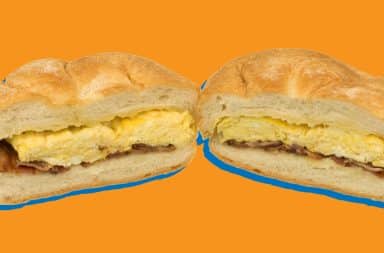I was in college when I read my first drinking memoir. I still remember that first taste, the delicious mouth-feel of the words, the surprising burn as they went down. The experience awakened sections of my brain that I hadn’t even known existed.
Reading stories of drinking transformed me into someone who had truly lived. I’d gone on multi-day benders. I’d inflicted pain on people close to me. I’d had wild, risky sex. It was unfulfilling, of course! I don’t recommend that anyone do this. You would not believe how unhappy I was, in those breathtaking escapades with those incredibly wealthy and gorgeous celebrities. I wouldn’t choose to relive those days, if it wasn’t essential to understanding the human condition.
I was in awe of the authors, whose drinking lives included so many achievements that had eluded me. The drunken authors had so many friends, some of them absurdly loyal. Me? People said they liked me, but as long as I was sober and employed, how could I know for sure?
The end was always a downer: those final chapters about how it all got too crazy and caused too much pain blah blah blah. That was my penance, the price I had to pay the pleasure I’d taken in those earlier chapters. I admit I sometimes peeked ahead to the next memoir, to get just one story of an incredibly stupid choice so I could slog through the previous narrator’s redemption.
Of course I told myself I wasn’t addicted. I was different. I was stronger than other readers. I could keep it under control.
For several years I did keep away from the memoirs. I watched TV instead. But then along came “prestige television,” and my favorite characters—Don Draper, Tyrion Lannister, Charlie on Two and a Half Men—showing us their relationships to alcohol. Even if I binge-watched, it was too far removed, didn’t have the immediacy of a book. It felt like near-beer.
Soon I was hooked again. Several drunks were acclaimed journalists, novelists, or poets. I was an aspiring writer too; why hadn’t the world recognized my talent? Only when reading the memoirs could I suppress my bitterness and shame.
Time after time I told myself I would read just one chapter before bed, but I ended up desperately flipping pages into the early morning hours. By 10 AM I’d be hopping back and forth on one foot at a time, bleary-eyed and unshaven on the cold street corner, waiting for the library to open.
I neglected my other books. I just didn’t have time for memoirs about addiction to heroin or pornography or eating paint. (I never found any memoirs about addiction to marijuana—I assume nobody ever got motivated enough to write one.) I heard rumors that some people’s reading habits involved books that weren’t about any kind of addiction at all. I couldn’t believe those rumors were true—wouldn’t such a life feel utterly meaningless?
I wish I could say that there was a single incident that made me quit cold turkey. Like the time last fall I was driving the kids to soccer practice while reading a drinking memoir propped up on the steering wheel. But I didn’t quit even then. Only months later did I come to a slow realization: It’s all the same fucking book, about addiction to self-absorption.
I see now that my core issue was an emptiness of the spirit. I went looking for God in the dark place between the covers of a book. Now, in recovery, I look for God at meetings. In my small town, most of the 12-step groups gather in the same room—in the basement of the Carnegie Library. But since the stairs to that room sit adjacent to the memoir shelf, my group has decided to meet somewhere safer. Maybe we’ll see you at the bar.


